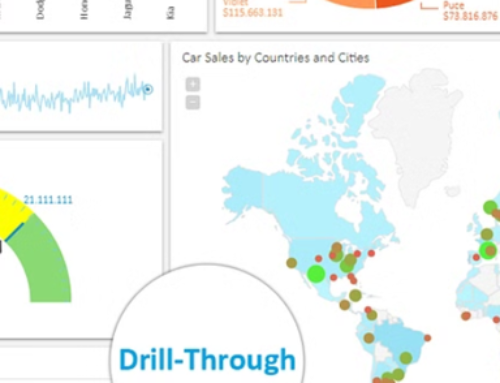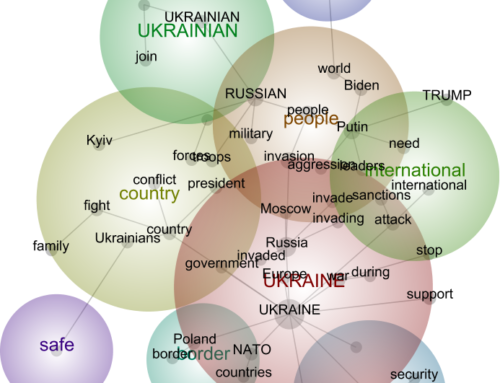One of the latest advancements reshaping the digital marketing and communications industry is the concept of influence engineering, which, at the intersection of artificial intelligence (AI), behavioral science, and marketing analytics, represents a transformative approach to understanding and shaping consumer behavior at scale.
Influence engineering refers to the strategic design and deployment of systems that leverage AI, machine learning, and behavioral data to predict, guide, and optimize consumer decisions. Unlike traditional marketing strategies that rely heavily on segmentation and broad-based targeting, influence engineering employs micro-targeting and hyper-personalization to craft real-time, dynamic interactions. Its latest growth and development is evident in the level of interest shown in this concept in online searches.
At its core, this approach integrates:
- Predictive analytics to anticipate consumer behavior;
- Nudging techniques informed by behavioral science;
- AI-driven personalization to deliver tailored experiences.
The goal is not merely to sell a product or service but to create engagement by influencing decision-making processes in subtle yet impactful ways. In this context, influence engineering opens the door to numerous opportunities for marketers looking to enhance their campaigns. Key applications can include:
- Hyper-personalized campaigns: Using AI algorithms, marketers can analyze data points like browsing history, purchase behavior, and even sentiment from social media interactions, which allows for creating content and offers that resonate with individual consumers, delivered at the most opportune moment.
- Dynamic pricing strategies: AI systems can adjust pricing based on consumer behavior, demand trends, and competitor pricing, optimizing profitability while maintaining consumer satisfaction.
- Enhanced chatbots and virtual assistants: AI-driven conversational agents can be designed to influence purchase decisions subtly through empathetic interactions, offering recommendations and solutions that feel intuitive and personalized.
- Behavioral retargeting: By understanding individual consumers’ psychological triggers, influence engineering enables marketers to craft retargeting ads that are relevant and psychologically compelling.
- Customer journey optimization: With AI-powered journey mapping, marketers can identify friction points and design interventions that guide consumers seamlessly from awareness to purchase.
While influence engineering offers immense potential, it also raises significant ethical questions. The ability to influence consumer behavior at a granular level requires marketers to tread carefully to maintain trust and uphold ethical standards related to transparency, data privacy (remember GDPR), and algorithmic bias.

